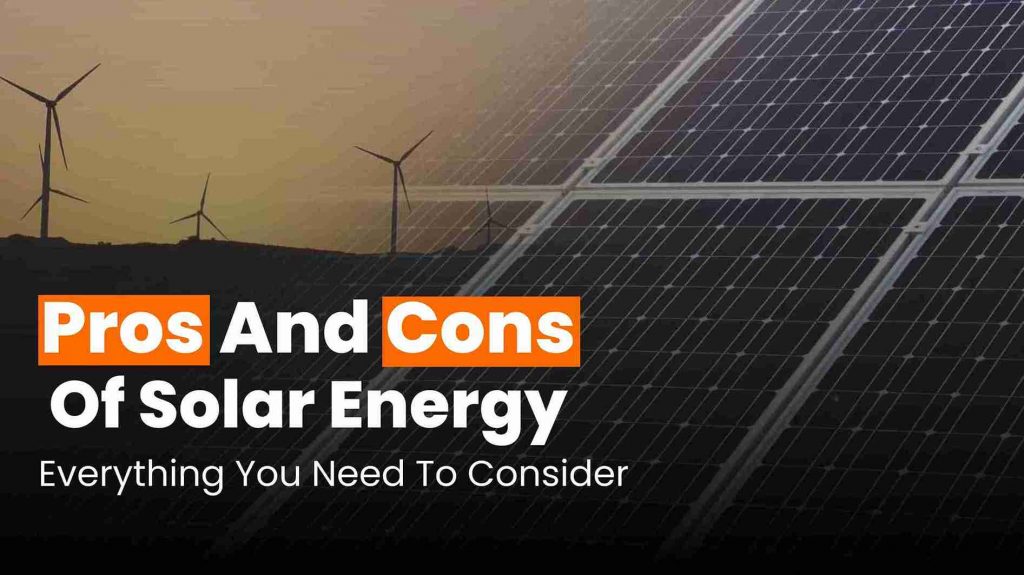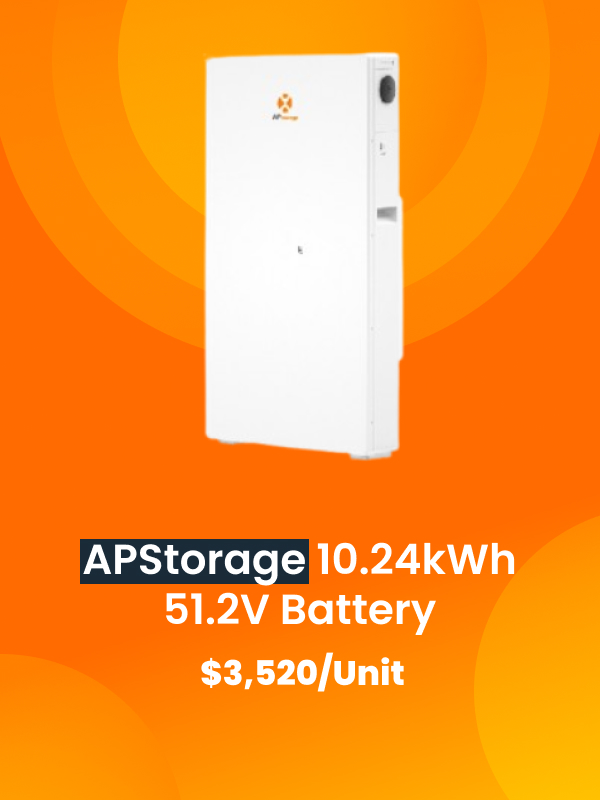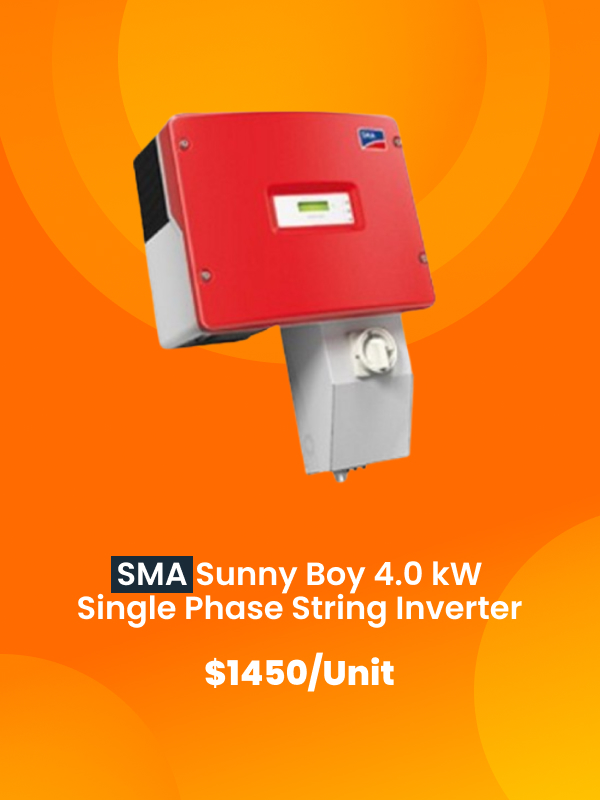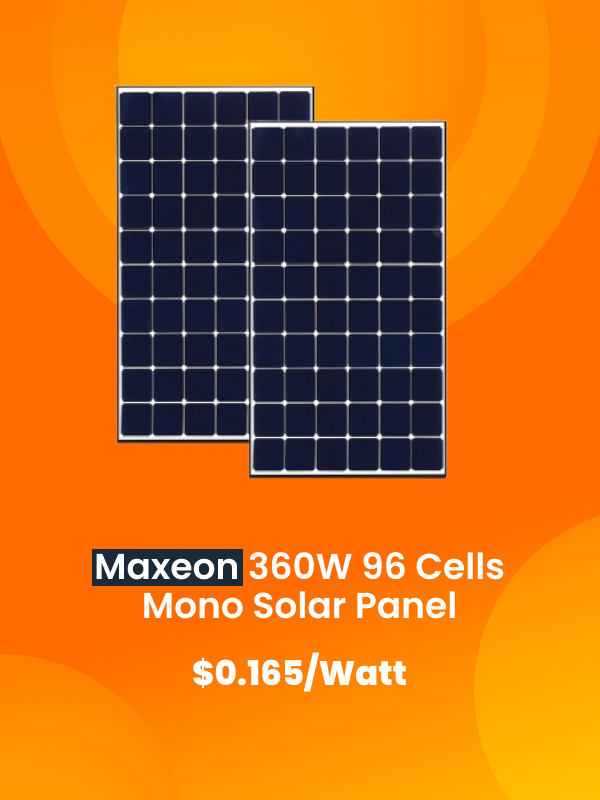We’re big fans of solar energy, but we get it—solar isn’t the right fit for everyone. While it’s sustainable and can save you a lot of money in the long run, the initial cost can be hefty, and not every roof or property is solar-friendly. So, let’s weigh the pros and cons of solar energy to help you decide if going solar is your next big move.
The Bright Side: Advantages of Solar Energy
1. Bye-Bye, Electric Bill
One of the best perks of going solar? Slashing, or even eliminating, your electric bill! With a properly sized system, you could watch your monthly power bill disappear. Even if you take out a loan to cover the upfront cost, you’ll still enjoy lower electricity costs from day one. Who wouldn’t want one less bill to worry about?
2. A Profitable Investment
Going solar isn’t just an eco-friendly decision—it’s a smart financial one, too. If you’re connected to the grid, a typical solar system pays for itself in about six years. After that, it’s all profit. Over the 25-year life of a solar panel, you could see a return of over $30,000 in energy savings. Sounds like a win-win!
3. Energy Independence
Imagine not having to rely on the utility company to keep your lights on! With solar and a battery storage system, you can keep generating your own power even if the grid goes down. Whether you’re dealing with unpredictable weather or just want to live off the grid in a remote cabin, solar gives you freedom. Plus, with energy costs always rising, locking in a fixed rate for your electricity over the next few decades feels pretty good!
4. Government Incentives
The government loves solar energy, and they’re willing to put money in your pocket to prove it. There may even be additional local incentives depending on where you live, making solar an even sweeter deal.
5. Sustainability
Solar energy is as sustainable as it gets. While fossil fuels like oil and gas are finite, solar power relies on sunlight—something we’re not going to run out of anytime soon. By going solar, you’re helping preserve the planet for future generations without depleting natural resources.
6. Low Maintenance
Solar systems are built to last. Panels come with a 25-year warranty, but many last even longer with little to no maintenance. The only thing you’ll likely need to replace during your system’s lifespan is the inverter, typically after 10-15 years.
7. Boosts Property Value
Solar panels aren’t just good for your wallet—they’re also good for your home’s value. Studies show that homes with solar sell for more than those without. Buyers are willing to pay a premium for a house that comes with lower energy bills and a green energy source.
The Cloudy Side: Disadvantages of Solar Energy
1. Upfront Cost
The biggest hurdle for many people is the upfront cost. A solar system can run you anywhere from $8,000 to $10,000 for an average home, and that doesn’t include installation. Financing options are available, but not everyone is comfortable with a loan payment.
2. It Takes Up Space
Solar panels need a decent amount of space, either on your roof or in your yard. If your roof is oddly shaped or you have obstructions, fitting enough panels to power your home might be tricky.
3. Energy Storage is Pricey
Batteries can be a significant cost if you want backup power or plan to go off-grid. High-end lithium batteries can easily push the price of your system into five figures.
4. Not Every Property is Suitable
Shaded roofs or small properties may not be ideal for solar. While there are tools to help optimize energy production in these situations, some homes simply aren’t a good fit.
Still on the Fence?
If you’re unsure whether solar is right for you, chat with a solar expert! We’ll help you weigh your options, answer any questions, and design a system tailored to your needs.




